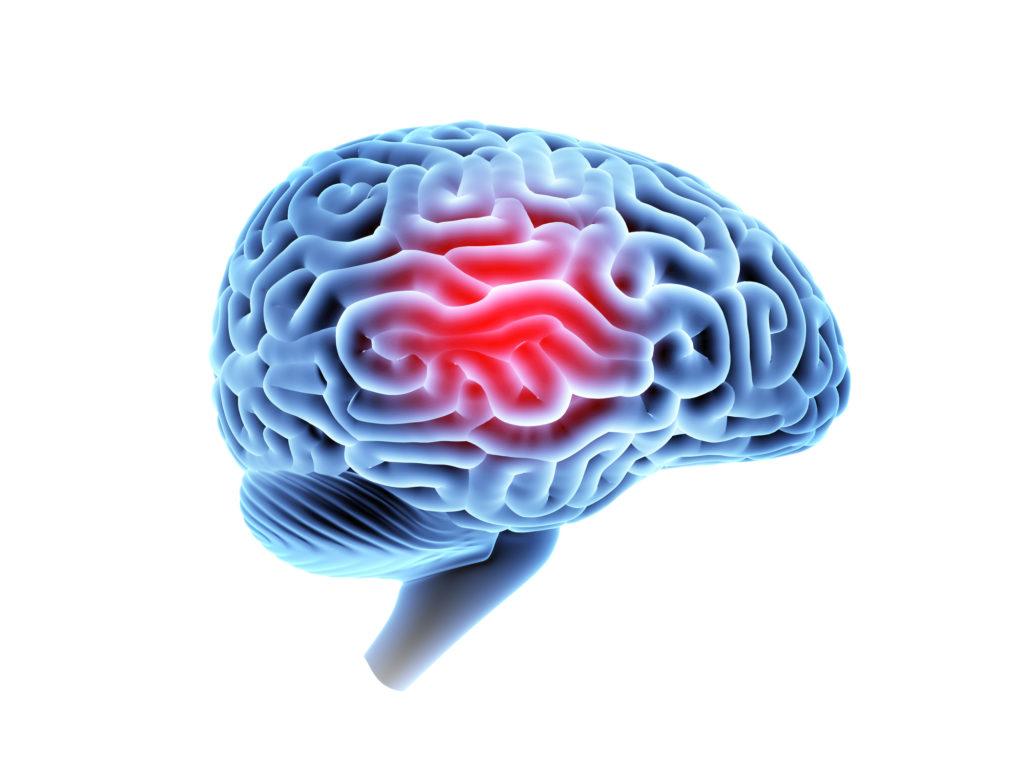
Car accidents and sports activities are the top causes of traumatic brain injuries. Following a brain injury, you need treatment from an experienced neurologist like Amor Mehta, MD, and the team at the Neurology Center for Epilepsy and Seizures. They offer on-site testing so they can monitor your injuries while providing comprehensive care that supports every aspect of your recovery. To schedule an appointment, call the office in Marlboro Township, New Jersey, or use the online booking feature.
Traumatic Brain Injury Q&A
A TBI occurs when an injury or a blow to your head makes your brain hit against the sides of your skull. A mild traumatic brain injury causes a concussion. More severe trauma may lead to problems such as:
- Hematoma (localized bleeding)
- Cerebral contusion (bruising)
- Intracerebral hemorrhage (bleeding in the brain tissue)
- Subarachnoid hemorrhage (bleeding in the space surrounding the brain)
- Hydrocephalus (buildup of fluid inside the brain)
- Diffuse nerve injuries (stretching or tearing)
A TBI can also cause a skull fracture.
You may or may not lose consciousness, depending on the severity of the injury:
- Mild TBI (concussion)
Most people stay awake following a concussion, but you may lose consciousness for a few minutes. - Moderate TBI
A moderate TBI may make you feel lethargic, or you could lose consciousness for up to six hours. However, someone can easily wake you up. - Severe TBI
If your TBI is severe, you lose consciousness longer than six hours. You won’t wake or open your eyes when someone tries to get you up.
Other symptoms caused by all types of TBIs include:
- Memory loss
- Confusion
- Headache
- Seizures
- Vomiting
- Vision problems
- Difficulty concentrating
- Difficulty sleeping
In the days after a moderate or severe TBI, you may experience a secondary brain injury such as inflammation and hydrocephalus.
Mild traumatic brain injuries are primarily treated with rest, so your brain has time to heal. To fully rest your brain, you need to limit your physical and mental activities. Your doctor at the Neurology Center for Epilepsy and Seizures ensures you’re monitored for a time at home in case your symptoms get worse.
Patients who suffer moderate or severe TBI are hospitalized because immediate or delayed bleeding or swelling is an emergency that needs surgical treatment. Additionally, a severe TBI requires intensive care.
During your hospitalization, you may be sedated to relieve your pain and you receive treatment to control the pressure in your brain. In some cases, catheters are placed in your brain to monitor intracranial pressure and levels of oxygen.
In the week following a TBI, you’re at a high risk of having a seizure. Your provider at the Neurology Center for Epilepsy and Seizures works closely with you throughout your recovery, monitoring your symptoms, prescribing medications to prevent a seizure, and providing comprehensive care.
